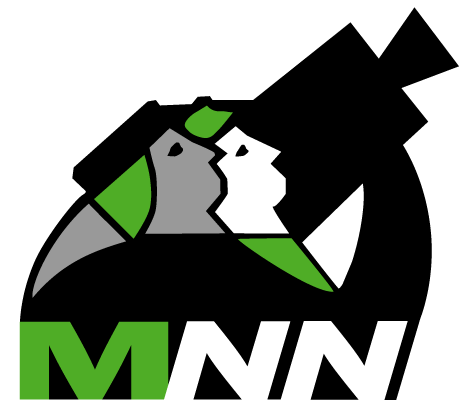DOCUMENTARY EDITING SEMINAR
TO SEE THE VIDEO GO TO dvtv.blogspot.com ........................................
we apologise for the obvious formatting problems on this blog............................
many of you at the seminar wednesday requested a copy of the PowerPoint Presentation. see below even better, i will be posting a video of the seminar sometime tonight. watch this space... DOCUMENTARY EDITING SEMINAR NOTES you must be: ruthless highly selective always looking for links pictures sounds words: dialogue, narration, text on screen editing is organizing all your material into the most potent message asked Michelangelo how he sculpts – he said the form is already in the stone- all he does is take away everything that isn’t the form. you have to take away everything that isn’t a great documentary a box of tapes or a drive (s) full of files catalog everything. don’t put it off. start a system – stick with it. shooter should label tapes, files. remember when you import into fcp – date of import transcripts. Logs get someone to transcribe. log it yourself. dvd window dubs - one per reel (or 1 hr. max.) number each reel and dvd same if you acquire footage, keep track from where capture/ transfer everything at once know what you capture and where the log, transcript, and dvd is. keep clips under 5 minutes. with hd - avchd files blossom should you capture everything? when in doubt – capture it. takes more time to go back listen for sound effects, atmosphere/nat. sound listen for emotion sounds look for cutaways, reactions, close-ups, details, note where be relaxed and comfortable when you log – don’t miss anything my rule – don’t rule anything out until you know why – everything on the table… read transcripts after you log – listen to what voices are saying – what story are they telling – painting a picture – connecting a to b? be open - see links – listen to the sounds: sound effects, atmosphere/nat. sound listen for emotion sounds look for cutaways, reactions, close-ups, details, note where if no direction…look at the evidence consider what a good detective does… way too many documentaries being made today - yours better be good worse: most people will see your documentary on a computer or on tv or on god forbid a phone even full-time film critics watch more on small screen than theatrical say everything three times! best comprehension – theatre 60% average viewer. your job is to make them bloody care make them feel you are an artist working with one of the most powerful medium known objective or not? every doc is a statement, no statement is completely objective difficult to be objective about something you feel passionate about making a doc- you cannot rely on mnn or any one institution… consider a news story :45 second documentary fatal car crash in queens skid marks, car wreck behind police tape, twisted steering wheel through broken windshield, cops taking measurements, concerned onlookers, residents saying they drive too fast, they ignore the lights. sound advances the story – voices - reporter, police, eyewitnesses, and neighbors always. cut. sound. first. listen - close your eyes speak to the world, not just your community don't preach to the converted you are making your doc for people who don't care - your job: make them care get their attention - every scene rearrange – for clarity – (then) impact and dramatic timing. more flow – easier to understand arranging clips – focuses that material not one voice but many – builds – reinforces be open – look, listen for links more you edit – better you shoot if no direction…look at the evidence consider what a good detective does…



0 Comments:
Post a Comment
<< Home